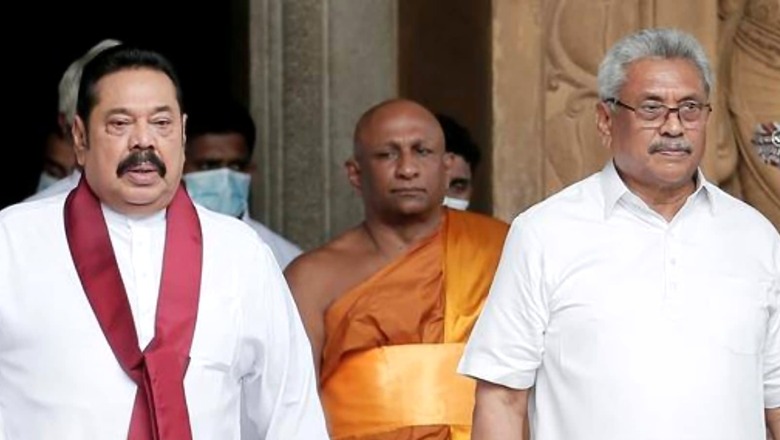
views
Amid the ongoing anti-government protests in Sri Lanka following the economic and political crisis, the country’s President Gotabaya Rajapaksa on Monday appointed a new Cabinet consisting of 17 ministers.
It was earlier reported that Rajapaksa was preparing to appoint new ministers to the island nation’s cabinet, and that the Cabinet would remain small to ensure the ‘government’s smooth operation’.
After the appointment, Rajapaksa said he did not consider seniority when appointing the new cabinet ministers.
“Ministerial positions are not mere benefits, it is a great responsibility,” he told the new Cabinet in Colombo, urging them not to use additional benefits using their new posts.
He said that he expects honest, efficient, and untainted governance from the new cabinet and asked them to remain committed to serve the public.
“Most of the public institutions are in financial crisis and those need to be rectified,” said the President, adding that this is an ideal opportunity to introduce the system change that the people are calling for.
The President also appealed from the youth to support them in this endeavor.
The ministers’ swearing-in would take place on Monday, amid escalating anti-government protests, reports have said.
“New cabinet is to be sworn in today. President and PM (Mahinda Rajapaksa) to continue. Some new and young faces will be taken in as Cabinet ministers,” a ruling party MP had told ANI.
According to reports, at a recent meeting, the “President told the members of his political alliance to form a limited cabinet to run the government.”
Due to widespread anti-government protests, the entire Sri Lankan Cabinet resigned in the first week of April.
An opposition party had opposed the President’s decision to appoint a new Cabinet of inexperienced ministers.
In addition, the President is forming a new cabinet under pressure from protesters in the country and also ahead of the Parliament session.
The Sri Lankan Parliament will meet on April 19 with new Cabinet ministers, while the opposition is expected to increase pressure in response to the mounting protests.
Sri Lanka is in the grip of its worst economic crisis since independence from Britain in 1948. It has led to shortages of fuel, food and essential medicines.
Sri Lanka was in a deep economic crisis when the Covid-19 pandemic hit, reducing foreign-worker remittances and crippling the lucrative tourism sector — a key source of dollars for the economy.
The government imposed a broad import ban in March 2020 to save foreign currency. It is now facing record inflation.
With inputs from agencies
Read the Latest News and Breaking News here













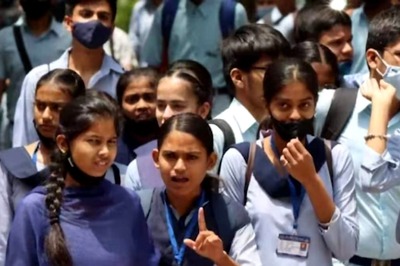
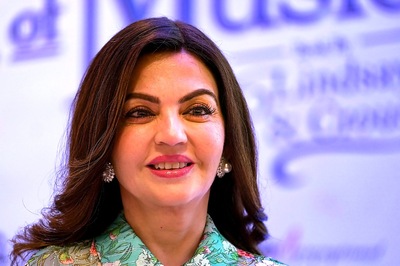

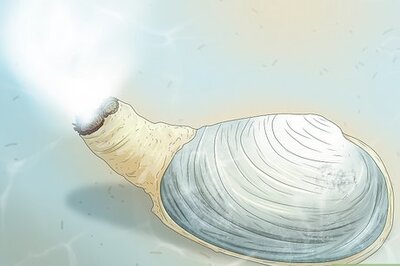
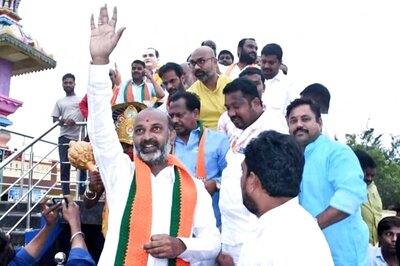
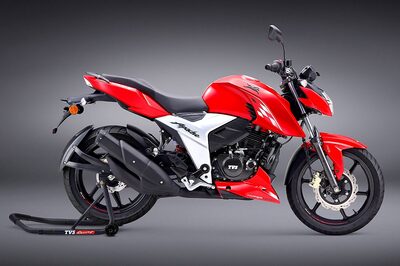
Comments
0 comment